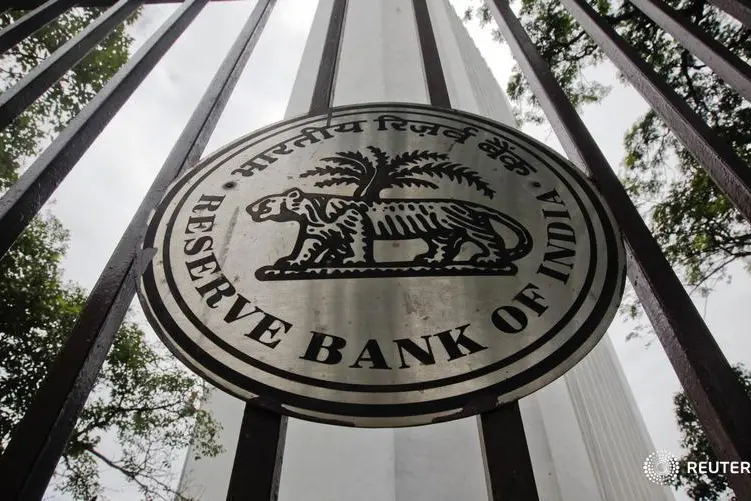PHOTO
MUMBAI - India's central bank took a slew of measures on Wednesday to boost foreign exchange inflows, including allowing overseas investors to buy short-term corporate debt and opening of more government securities under the fully accessible route.
The steps came after the Reserve Bank of India's foreign exchange reserves fell by more than $40 billion over the past nine months, largely due to the RBI's intervention in the currency market to cap rupee losses.
The Indian currency has shed about 6% of its value against the dollar since the beginning of this year. The rupee closed trading on Wednesday at 79.3025 per dollar, not far from its record low of 79.3750 touched on Tuesday.
The RBI said it would allow foreign investors to buy 7- and 14-year tenure government bonds without any upper limits under its "fully accessible route", along with previously opened-up 5-, 10- and 30-year tenure securities.
"While it is difficult to ascertain the quantum of flows, the measures are attractive for banks and FPIs," said Suvodeep Rakshit, senior economist at Kotak Institutional Equities.
Rakshit said India's macro situation is better than during the 2013 taper tantrum period but these measures would alleviate and pre-empt the adverse impact on the external sector balance.
The RBI said it was taking the new measures to "enhance forex inflows while ensuring overall macroeconomic and financial stability".
TEMPORARY SOLUTION
It also allowed banks to raise deposit rates for non-resident Indians to levels higher than prevailing domestic deposit rates for a limited period.
Banks can accept deposits from non-resident Indians at higher rates from July 7 until Oct. 31.
"These measures, including raising the borrowing limits for companies as well as liberalising offshore ownership in government debt, are intended to ease onshore dollar tightness and support the rupee," said Radhika Rao, economist at DBS Bank.
Further, the central bank raised the external commercial annual borrowing limit for Indian corporates under the automatic route to $1.5 billion per company from $750 million.
A senior executive at a state-run bank said the RBI measures could also bring down short-term borrowing rates, now very high, and though they might not lure immediate inflows, they are a signal to the market that the RBI is there to come up with innovative measures as and when needed.
"All the measures announced are temporary with in-built sunset clause," said Vivek Kumar, an economist with QuantEco Research. "We believe these measures can provide some stability to the rupee. However, they are unlikely to alter the trajectory of weakness perpetuated by global factors."
(Additional reporting by Aftab Ahmed and Nupur Anand; editing by Andrew Heavens, Frank Jack Daniel and Mark Heinrich)





















